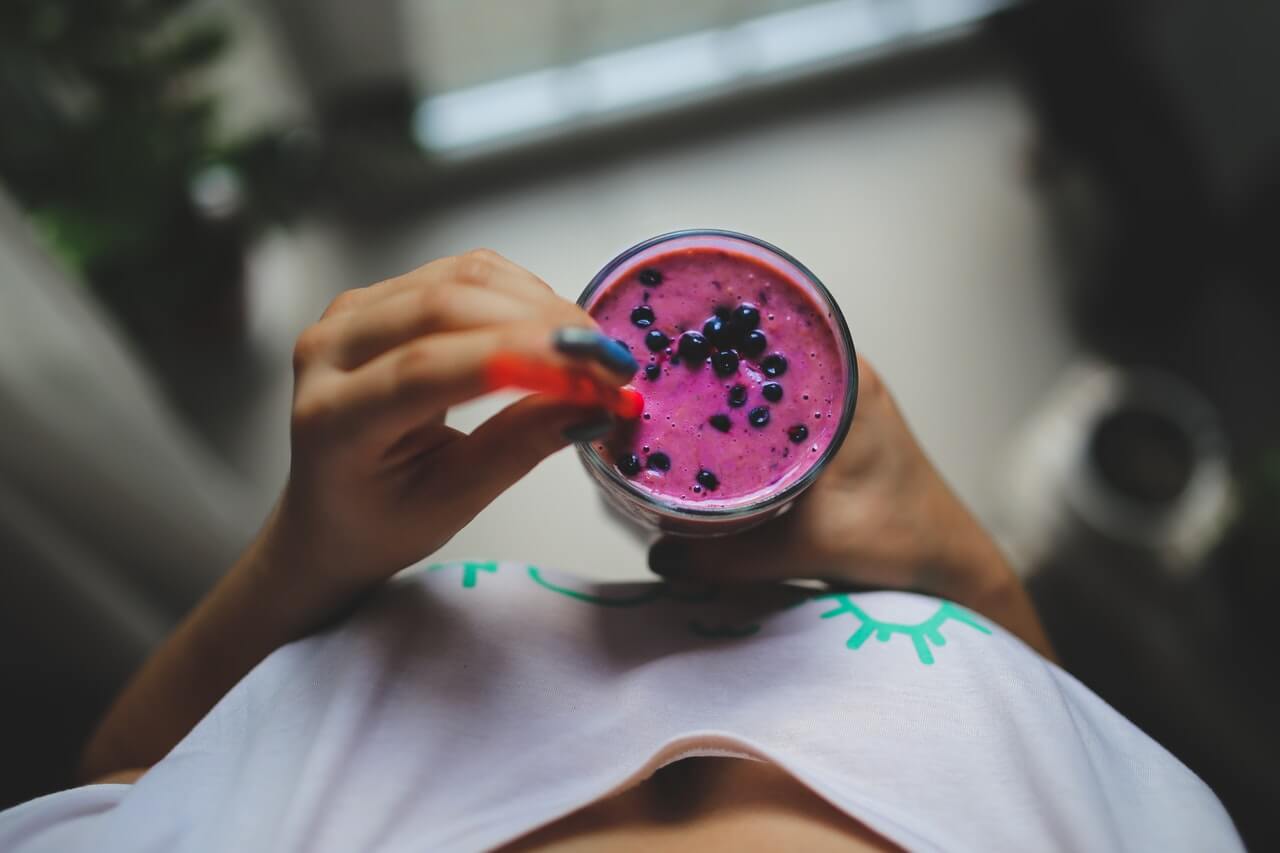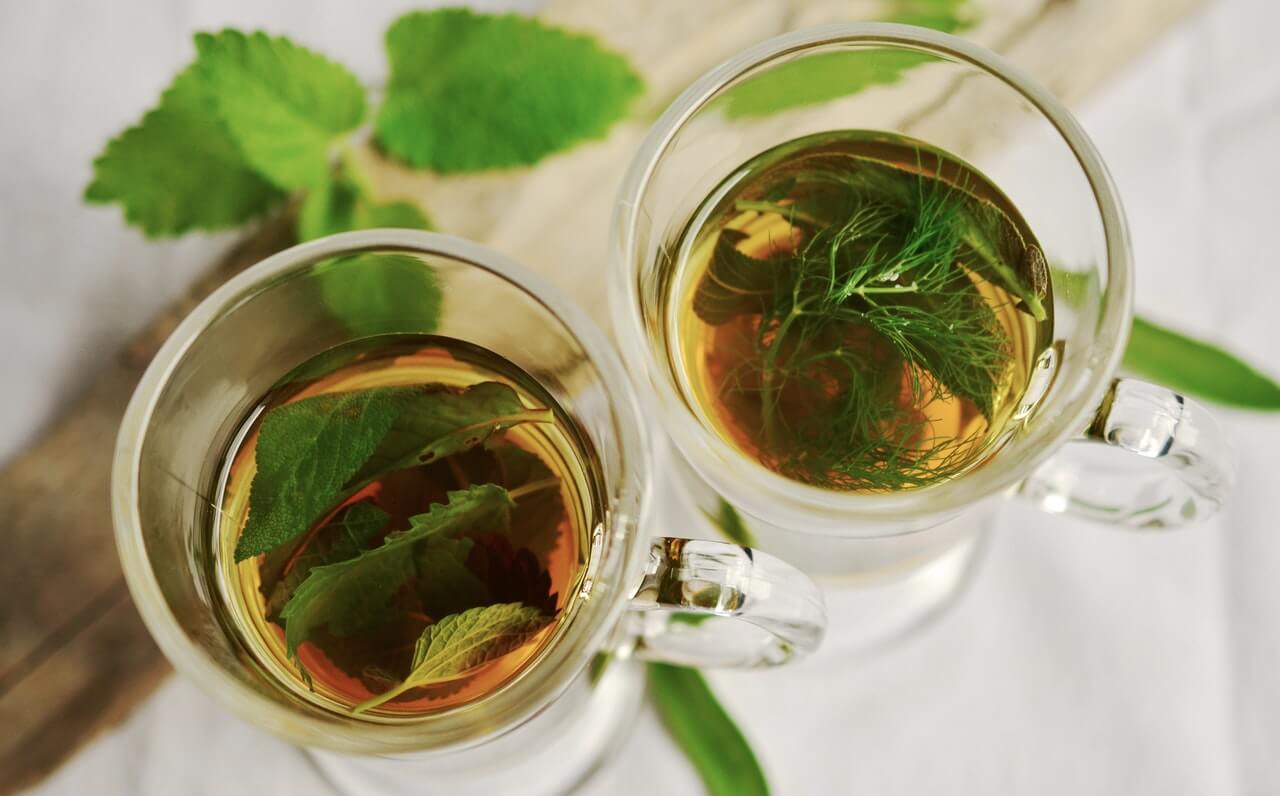Stress is a normal mental and physical response to the demands of life. On the positive side, stress can make us stronger by motivating us to perform and prepare us for future stressful and anxiety-inducing situations. But when stress becomes unmanageable, whether it be due to trauma, jobs, family issues, life changes, or illness, just to name a few, it can cause detrimental effects to the body. Sickness and chronic disease are often linked to stress, such as heart disease, metabolic syndrome, adrenal fatigue, sleep conditions, digestive problems, and common colds.
There are tools you can starting using today to help cope with stress. Meditation is a practice that has shown significant benefits in stress management with just a few minutes a day.
What exactly is meditation?
Meditation is defined as techniques to focus attention and transform the mind. It has been practiced for thousands of years in many different cultures all over the world. It involves sitting in a relaxing position and either clearing the mind or focusing on one thought. You could focus on breathing, counting, a calming image, or nothing at all. There are many ways to meditate and there is no wrong way. Some people may include a spiritual component and others may not. Mediation can be any length of time and is best without distractions.
How can meditation help with stress management?
Meditation can help reverse the stress response. By relaxing and restoring to a calm state, the body can repair itself and prevent new physical damage from stress. Scientific studies have shown meditation to improve stress, anxiety, depression, pain, and mental health-related quality of life (1). Studies also show meditation to have a positive effect on people with heart disease, post-traumatic stress disorder, and irritable bowel syndrome (2)(3)(4). The relaxation response can result in the following benefits :
- Lowering blood pressure
- Decreasing heart rate
- Reduce cortisol levels
- Improving blood circulation
- Stimulate immune function
- Promote emotional balance
- May reduce memory loss
- Reduce negative emotions
- Increase patience
The great thing is that meditation has absolutely no risk to try, but only the possibility of relief.
A simple meditation practice for beginners
It’s going to be more beneficial to do a small amount of meditation regularly, like just 5 minutes a day, than 30 minutes or more only once per week. Try this basic meditation technique to start out, and you should feel less stressed overall.
- Set aside 5 minutes.
- Set a timer so you can relax and not worry about missing appointments.
- Sit comfortably and close your eyes.
- Clear your mind of thoughts and focus on your breath.
- Consider trying a guided meditation that includes a body scan
- When your mind wanders, just direct your focus back to your breath.
- Continue this for 5 minutes and don’t be concerned whether you’re doing it right.
- Return to your day feeling more relaxed and refreshed.
Wondering how supplements could help with stress? Check out how Persona can help by starting with our stress page! Persona is the only Science Based supplement provider on the web today! Take advantage of our knowledge and use it to your health’s benefit!















